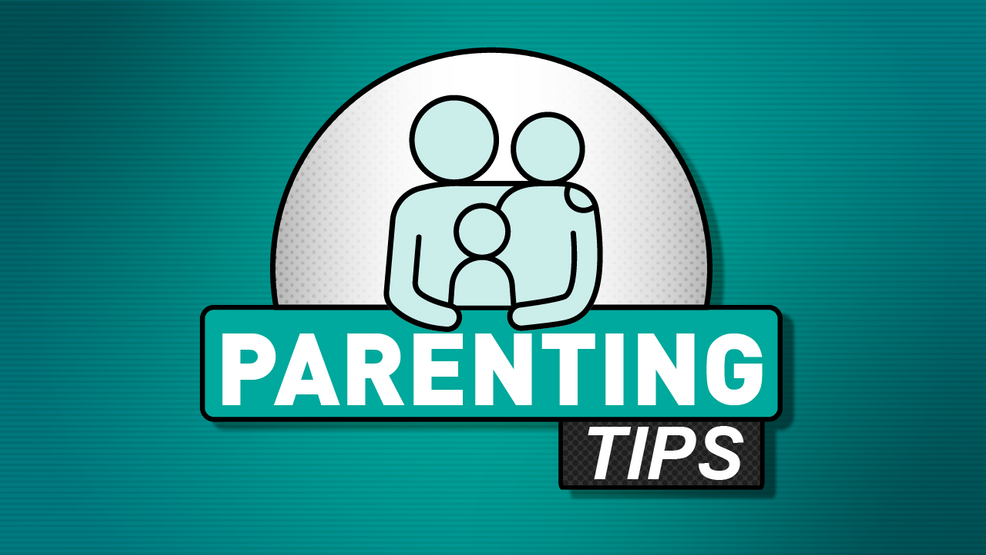KTXS presented a special series focusing on parenting advice for managing difficult subjects.
The nightly ritual of getting children to bed can often pose a challenge for parents. The best way to encourage regular sleep patterns in kids of all ages is to have a regular schedule.
Dr. Landry Gwin, a pediatrician based in Abilene, emphasizes the significance of maintaining a regular schedule. “Our bodies thrive on consistency,” he explains. “Waking up and going to bed at the same time every day is crucial. Implementing a structured bedtime routine, from step 1 to step 5, signals to children that sleep follows this sequence, aiding in their ability to settle down.”
Dr. Gwin frequently addresses two common concerns parents raise regarding their children’s bedtime—difficulties falling asleep and staying asleep. To tackle the initial challenge of falling asleep, he recommends simple strategies such as avoiding screens at least 1-2 hours before bedtime.
Drawing a comparison, Dr. Gwin likens the process to turning off old stadium lights—it takes time for the brain to unwind after exposure to screens and blue light. Limiting the consumption of caffeinated beverages, like soda and energy drinks, in the late afternoon can also support better sleep quality, as caffeine lingers in the system for hours.
In recent times, the use of melatonin as a sleep aid for children has gained popularity. A 2023 study from the University of Colorado revealed an increasing trend, with 6% of 1-4-year-olds, 18% of 5-9-year-olds, and 19% of 10-13-year-olds having been given melatonin in the past month. However, Dr. Gwin underscores the importance of caution, noting that melatonin is not FDA-regulated, and discrepancies between labeled and actual melatonin content in products have been reported. Additionally, the long-term effects of melatonin use in children remain largely unexplored.
Melatonin is safe for certain children, including those with attention deficit hyperactivity disorder (ADHD) or autism spectrum disorder (ASD), but Dr. Gwin says parents should talk to their doctor before giving it to their kids to help them sleep.

